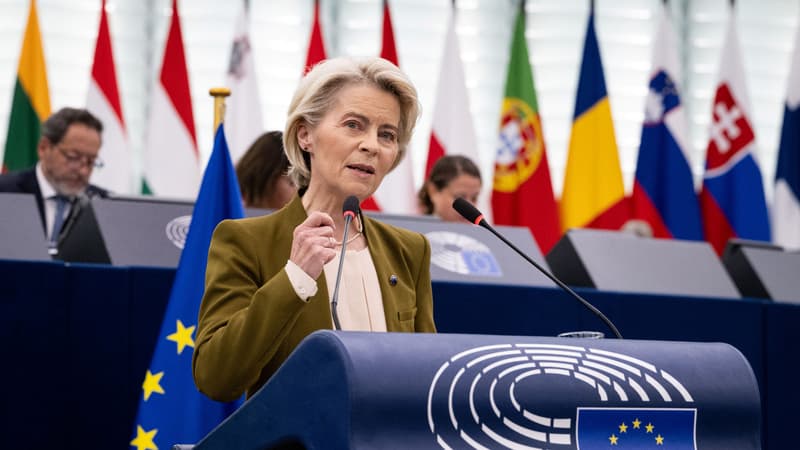It is “a victory” for opponents of the project. Although it was going to be presented tomorrow, October 14, before the Council of the European Union, the vote on Chat Control was removed from the calendar. This controversial project, which aimed to require messaging services like WhatsApp to automatically scan all private messages, is encountering increasing opposition. The next meeting of European Union interior ministers is now scheduled for December 6 and 7, where this issue is expected to be discussed again.
Also called “the most criticized European bill of all time”, the CSAR (Child Sexual Abuse Regulation) aims to establish rules to prevent and combat online child sexual abuse.
Presented by the European Commission in 2022, it arouses strong resistance from human rights defenders and part of the European political class, who denounce mass surveillance that can compromise private life and fundamental freedoms.
“Strong” opposition from Germany
While no official reason for the postponement has been clearly stated, persistent opposition from Germany, which has long opposed the project, appears to have played a decisive role. The approval of this type of text therefore requires a “double qualified majority” in the Council of the EU, that is, the agreement of at least 15 of the 27 Member States representing at least 65% of the European population, a threshold that is difficult to reach in the current context.
“In the face of a wave of calls and emails from the public, Social Democrats are standing firm and, for the first time, even conservative leaders are expressing criticism. Without the tireless resistance of citizens, scientists and organisations, EU governments would have passed a totalitarian law on mass surveillance next week, marking the end of digital privacy. The fact that we have managed to avoid this, for the moment, is a moment to celebrate,” says Patrick Breyer, German MEP from the Pirate Party.
In fact, if until the end of August 15 countries supported this project, today there are only 12, which brings together only 38.82% of the European population. Five countries are undecided, representing 22.68%. Now that Germany, which alone represents 18.56% of the population, is opposed, it is practically impossible to obtain the double qualified majority necessary to vote in favor of Chat Control.
Countries that still actively support the Chat Control project are Portugal, Spain, Ireland, France, Denmark, Sweden, Lithuania, Bulgaria, Hungary, Croatia and Malta.
A citizen fight that is bearing fruit?
A 30-year-old Danish software engineer named Joachim also played a key role in turning the debate around Chat Control on its head. In August 2025, he launched the Fight Chat Control site, which allowed European citizens to send mass protest emails to European decision-makers. The platform, which went viral in a few days, saturated parliamentarians’ mailboxes and caused notable unrest in Brussels.
Funded entirely by Joachim, the site is said to have generated several million messages. Although some elected officials called it spam, this campaign revealed a powerful new mode of digital activism, capable of defending encryption and digital rights while placing mass surveillance at the center of European public debate. A YouGov survey carried out in ten countries of the European Union reveals that 72% of respondents are opposed and rejection reaches 73% among young people between 18 and 24 years old. Proof of this is that, so far, citizen initiatives have borne fruit.
Source: BFM TV


